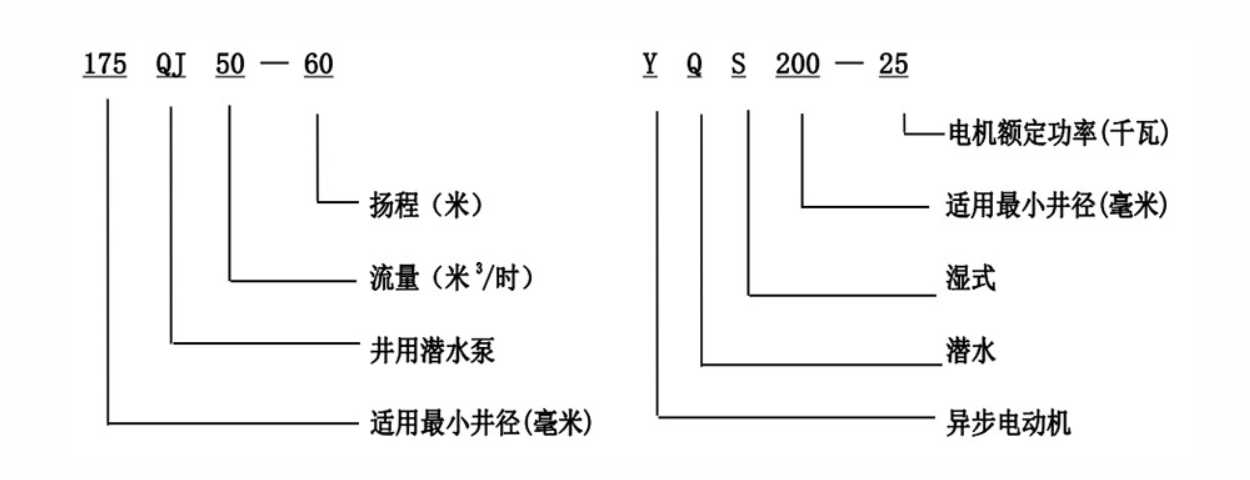Oct . 14, 2024 13:31 Back to list
Guide to Properly Install a Submersible Pump for Your Water Well System
How to Install a Submersible Water Well Pump
Installing a submersible water well pump can seem like an intimidating task, but with the right tools, knowledge, and safety precautions, it can be accomplished by a determined homeowner or contractor. These pumps are designed to be submerged in water, making them ideal for deep wells, typically ranging from 25 to over 300 feet. Here’s a step-by-step guide to help you successfully install a submersible water well pump.
1. Gather Your Tools and Materials
Before starting your installation, ensure you have all necessary tools and materials on hand. You will need - Submersible water well pump - Electrical cable (sized appropriately for your pump) - Well casing or wellhead - PVC or poly pipe - Pipe fittings and connectors - Rope or strong cable (for lifting the pump) - Wrench set - Safety gloves and goggles - Junction box for electrical connections
2. Safety First
Always prioritize safety. Ensure the electricity is turned off at the breaker box to prevent any risk of electrical shock during the installation. Make sure to wear safety gloves and goggles throughout the process.
3. Prepare the Well
Before installing the pump, clean out the well casing. Remove any debris or sediment that may have accumulated at the bottom. Using a well brush or a broom, carefully clean the walls of the well. This ensures a clear path for the pump and helps avoid damage when lowering it into the well.
4. Attach the Pump to the Pipe
Start by securing the pump to the discharge pipe (well piping) according to the manufacturer’s instructions. Ensure that all threaded connections are tight to prevent leaks. Use Teflon tape on threads for a better seal. Depending on the pump model, there may be specific connection requirements, so consult the pump’s manual.
5. Connect the Electrical Wires
how to install a submersible water well pump

Next, connect the electrical wiring. Most submersible pumps will have an electrical cord that needs to be connected to a power supply. Strip the wires and connect them to the corresponding wires from the electrical supply. You will often find color-coded wires, such as black for hot, white for neutral, and green or bare for ground. Secure these connections within a junction box to protect them from moisture.
6. Lower the Pump into the Well
Using a strong, durable rope or cable, carefully lower the pump into the well. It’s crucial to do this slowly and steadily to avoid tangling the cable or damaging the pump. Make sure the pump is completely submerged before you stop lowering it.
7. Secure the Pump
Once the pump is at the desired depth (typically at least 10 feet below the water level), secure the discharge pipe to the well casing using pipe clamps. This keeps the pump stable and prevents any movement that can cause damage.
8. Make Final Connections and Test the Pump
Before finishing up, connect the discharge pipe to your plumbing system, ensuring all fittings are tight. Then, restore power to the circuit and test the pump. Make sure to observe the flow of water to ensure everything is functioning properly and there are no leaks.
9. Finalize Installation
Finally, cover the wellhead with a cap or seal to protect it from contaminants. Regularly check the system for leaks and ensure the pump is functioning efficiently.
Conclusion
While installing a submersible water well pump can be a complex task, following these steps and taking your time can lead to a successful installation. If at any point you feel uncomfortable, it’s wise to consult with or hire a professional to ensure your safety and a long-lasting system. With a solid installation, you’ll enjoy a reliable water supply for years to come!
-
Submersible Water Pump: The Efficient 'Power Pioneer' of the Underwater World
NewsJul.01,2025
-
Submersible Pond Pump: The Hidden Guardian of Water Landscape Ecology
NewsJul.01,2025
-
Stainless Well Pump: A Reliable and Durable Pumping Main Force
NewsJul.01,2025
-
Stainless Steel Submersible Pump: An Efficient and Versatile Tool for Underwater Operations
NewsJul.01,2025
-
Deep Well Submersible Pump: An Efficient 'Sucker' of Groundwater Sources
NewsJul.01,2025
-
Deep Water Well Pump: An Efficient 'Sucker' of Groundwater Sources
NewsJul.01,2025
-
 Submersible Water Pump: The Efficient 'Power Pioneer' of the Underwater WorldIn the field of hydraulic equipment, the Submersible Water Pump has become the core equipment for underwater operations and water resource transportation due to its unique design and excellent performance.Detail
Submersible Water Pump: The Efficient 'Power Pioneer' of the Underwater WorldIn the field of hydraulic equipment, the Submersible Water Pump has become the core equipment for underwater operations and water resource transportation due to its unique design and excellent performance.Detail -
 Submersible Pond Pump: The Hidden Guardian of Water Landscape EcologyIn courtyard landscapes, ecological ponds, and even small-scale water conservancy projects, there is a silent yet indispensable equipment - the Submersible Pond Pump.Detail
Submersible Pond Pump: The Hidden Guardian of Water Landscape EcologyIn courtyard landscapes, ecological ponds, and even small-scale water conservancy projects, there is a silent yet indispensable equipment - the Submersible Pond Pump.Detail -
 Stainless Well Pump: A Reliable and Durable Pumping Main ForceIn the field of water resource transportation, Stainless Well Pump has become the core equipment for various pumping scenarios with its excellent performance and reliable quality.Detail
Stainless Well Pump: A Reliable and Durable Pumping Main ForceIn the field of water resource transportation, Stainless Well Pump has become the core equipment for various pumping scenarios with its excellent performance and reliable quality.Detail
